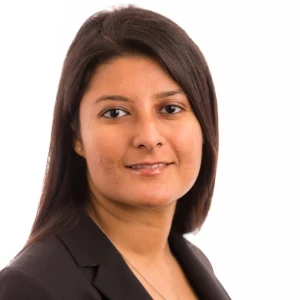One month into my prep and two weeks before my first round with an MBB, I am still confused about structuring. The purpose of this thread is to ask coaches to share their thoughts and share my story to other candidates who may find it useful.
At first, I used to apply frameworks that I had learned by heart. I knew and was told it wasn't ideal, but it was a great stepping stone to build up my knowledge and get comfortable. No regrets there.
Then came the time when I pivoted my approach. Very quickly, the priority became making my structure case-specific. And I became almost allergic to "classic" frameworks. So I ended up in a situation where I was consistently trying to reinvent the wheel and stay away from pre-learned frameworks. Even when a "classic" framework made sense to me, I was still reluctant to use it because I was scared my answer would come off as "not case-specific enough".
My question is therefore the following: how should one balance a case-specific structure and classic frameworks? For example, taking a profitability decline case. Is it advisable to use revenues and costs as main buckets and make the subcategories case-specific? Or is that framework too "classic"?
Finding the middle ground has been a challenge and I'd love some perspective. Thanks in advance for your answers!
















